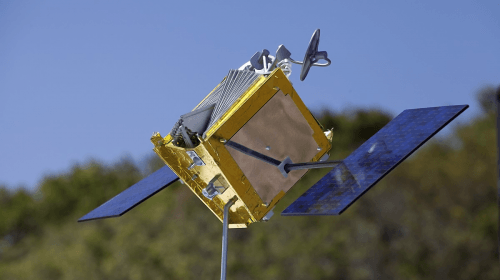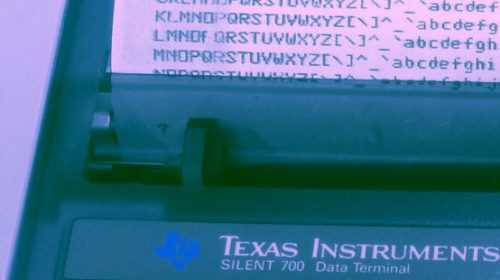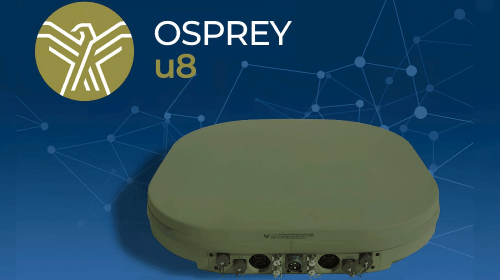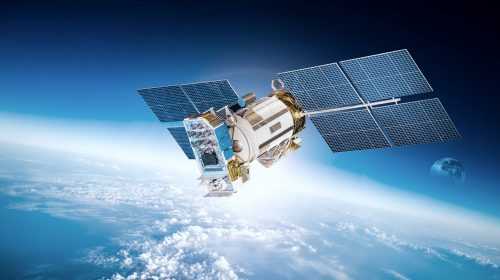Is Europe Finally Breaking Free from Space Dependency?
Jul 12, 2025
The recent move of France to up its stake in Eutelsat Group by a wide margin is a measured step to gain European space sovereignty in a more militarized domain. The capital increase of 1.35 billion euros will see the French government invest 526.4 million euros in the company and obtain a 29.99 percent share in what President Emmanuel Macron termed a strategic jewel in Europe. The decision of such an investment was made at a time when space-based communications had become an essential infrastructure of military operations and the civilian society, with the control over the satellite networks being a national security issue.
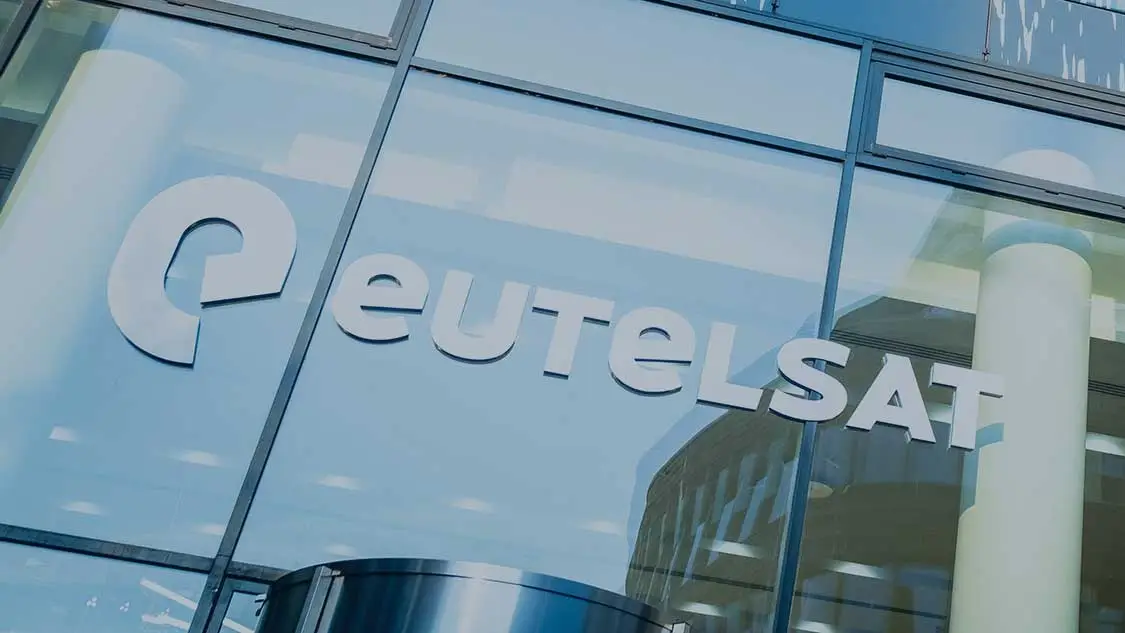 Eutelsat HQ. Credit: Eutelsat
Eutelsat HQ. Credit: Eutelsat
The timing of this investment indicates that France is highly aware of the geopolitical consequences of space dependency. Macron stressed that with a Low-Earth Orbit constellation, Eutelsat is the only non-American and non-Chinese operator, and the strategic weakness of European countries in using foreign satellite networks. The ongoing military conflicts, especially the war in Ukraine where the services of Eutelsat are already used to provide government communication services, demonstrate that satellite connectivity has become a critical component of modern warfare and crisis management. The decision of France to gain more control of this European asset is part of a wider realization that space dominance translates directly into terrestrial influence.
The concomitant declaration of a framework contract between Eutelsat and the French Defense Procurement Agency (DGA) of up to 1 billion euros over ten years highlights the military importance of this investment. This deal gives the French military access to the OneWeb constellation on a priority basis, as well as plans for upgrading this network to military standards. The agreement includes the NEXUS project, which constitutes French determination to integrate military and civil space resources to increase flexibility of operations. This integration enables a more efficient allocation of resources, as well as preserving the technological advantage required in modern military activities. The wider European environment adds to the foresight of the investment in France as it is covering the difference between the present requirements and possibilities. As Europe works on its own IRIS2 satellite constellation project (where Eutelsat, SES, and Hispasat are part of a consortium in charge of the project), the deployment schedule is far beyond the urgent security needs. Eutelsat’s CEO, Jean-Francois Fallacher, added that the international situation is so urgent that European countries cannot afford to wait until IRIS 2 is operational. OneWeb constellation will provide an immediate global coverage, low latency, and rapid deployment potential that will already have been tested in large scale experiments with the French Armed Forces.
The investment has also been a part of the increasing awareness of non-American governments about the strategic importance of autonomous satellite capabilities. According to the leadership at Eutelsat, their LEO solutions have been of interest to more governments outside the United States, which is an indication that the French strategy can be a precursor to a transition to space sovereignty by allied governments. That other strategic investors such as Indian telecommunications giant Bharti Space Limited and French shipping company CMA CGM are also involved shows that this trend is not limited to government circles, but is also in the private sector appreciation of the commercial and strategic value of space infrastructure. The fact that the Eutelsat stock rose by 30 percent after the announcement of the investment proves that the market believes in the strategic importance of European space resources. The investment of France in Eutelsat is not only a financial support of a commercial activity but symbolically a revolution on the way to space sovereignty that recognizes the fact of the new 21st-century geopolitics. By gaining the upper hand in European satellite capabilities, France is setting itself and its allies to be strategically independent in the age where the success of military operations, economic activities, and civilian governance are defined by space-based communications.

